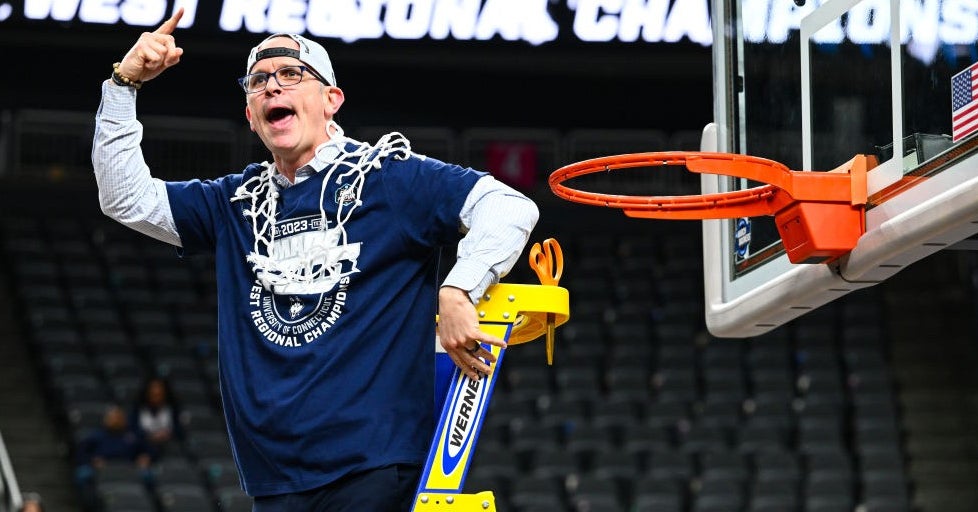- Joined
- Aug 26, 2011
- Messages
- 29,356
- Reaction Score
- 46,657
Interesting thing about these arguments are that the early BE teams had a lot of losses but almost no one uses that argument against them anymore. Georgetown's 1st FF team, Pearl Washington's Syracuse team, Villanova's national champions, many of these teams had 7, 8, 9 even 10 losses. Losing in the BE regular season was common for the most legendary BE teams. Only '85 St Johns and '85 Georgetown had 3 or 4 loss seasons.



